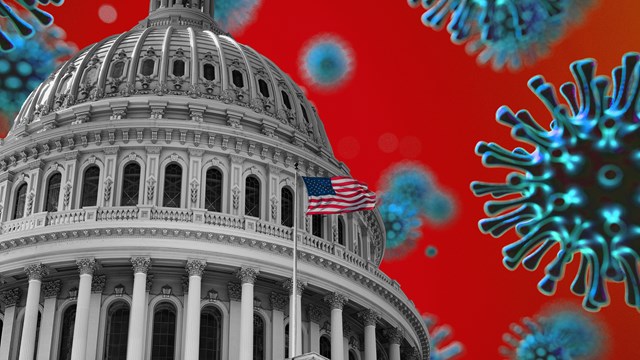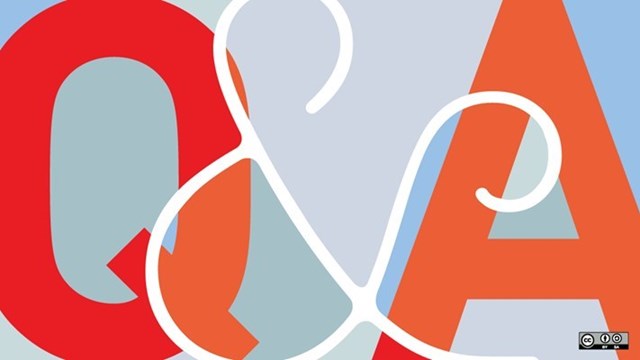
Beginning May 26, 2020, employers who are required to keep Occupational Safety and Health Act (OSHA) injury and illness logs [which according to OSHA’s website include ‘facilities support services’ and ‘services to buildings and dwellings’ with 10 or more employees ‘at all times during the previous calendar year’ - click here to see the full listing of covered and exempt businesses: https://www.osha.gov/recordkeeping2014/records.html -Ed.] must determine if an employee’s CDC-confirmed case of COVID-19 that meets recording criteria is job-related -- and therefore subject to OSHA’s recording requirements. In addition, all employers will be required to determine whether an employee’s CDC-confirmed case of COVID-19-related illness resulting in a fatality or the employee’s in-patient hospitalization, amputation, or loss of an eye is work-related, and therefore recordable. Recording a COVID-19-related illness does not, in and of itself, mean that an employer has violated OSHA. Rather, recognizing the difficulties with determining whether COVID-19 was contracted in the workplace, OSHA has set forth specific considerations it will apply in determining whether an employer complied with this obligation:
- The reasonableness of the employer’s investigation into work-relatedness
- The evidence available to the employer
- The evidence that a COVID-19 illness was contracted at work
- OSHA has provided examples of the types of evidence that may weigh in favor of or against work-relatedness:
COVID-19 illnesses are likely work-related when several cases develop among workers who work closely together and there is no alternative explanation
An employee’s COVID-19 illness is likely work-related if it is contracted shortly after lengthy, close exposure to a particular customer or coworker who has a confirmed case of COVID-19 and there is no alternative explanation.
An employee’s COVID-19 illness is likely work-related if the employee’s job duties include having frequent, close exposure to the general public in a locality with ongoing community transmission and there is no alternative explanation.
An employee’s COVID-19 illness is NOT likely work-related if the employee is the only worker to contract COVID-19 in the employee’s vicinity and the employee’s job duties do not include having frequent contact with the general public, regardless of the rate of community spread.
An employee’s COVID-19 illness is NOT likely work-related if the employee, outside the workplace, closely and frequently associates with someone (e.g., a family member, significant other, or close friend) who (1) has COVID-19; (2) is not a coworker, and (3) exposes the employee during the period in which the individual is likely infectious.
OSHA’s Compliance Safety Health Officers give due weight to any evidence of causation, pertaining to the employee illness at issue, provided by medical providers, public health authorities, or by the employee.
Employers should make sure they continue to check OSHA updates and guidance, and while complying with HIPPA and privacy laws, designate the appropriate person to:
(1) ask the employee how the employee believes they contracted the COVID-19 illness;
(2) while respecting employee privacy, discuss with the employee their work and out-of work activities that may have led to the COVID-19 illness; and
(3) review the employee’s work environment for potential coronavirus exposure. Cases of COVID-19 meeting the recording requirements should be recorded as a respiratory illness on the OSHA Form 300 and in accordance with the requirements of 29 CFR § 1904.29. Employers can learn more about OSHA’s Updated Interim Enforcement Response Plan for Coronavirus Disease 2019 COVID-19 at https://www.osha.gov/memos/2020-05-19/updated-interim-enforcement-response-plan-coronavirus-disease-2019-covid-19, and OSHA’s updates on COVID-19 are available at www.osha.gov/coronavirus.
Carol Goodman is an attorney and partner with New York- and New Jersey-based Herrick, and the co-chair of the firm’s Litigation Department, focusing on complex commercial litigation and employment law for public and private companies, domestic and international financial institutions and real estate companies. This advisory is offered as a service to clients and friends of Herrick and The Cooperator, and is intended as an informal summary of certain recent legislation, cases, rulings and other developments. This advisory does not constitute legal advice or a legal opinion and is not an adequate substitute for the advice of counsel.






Leave a Comment